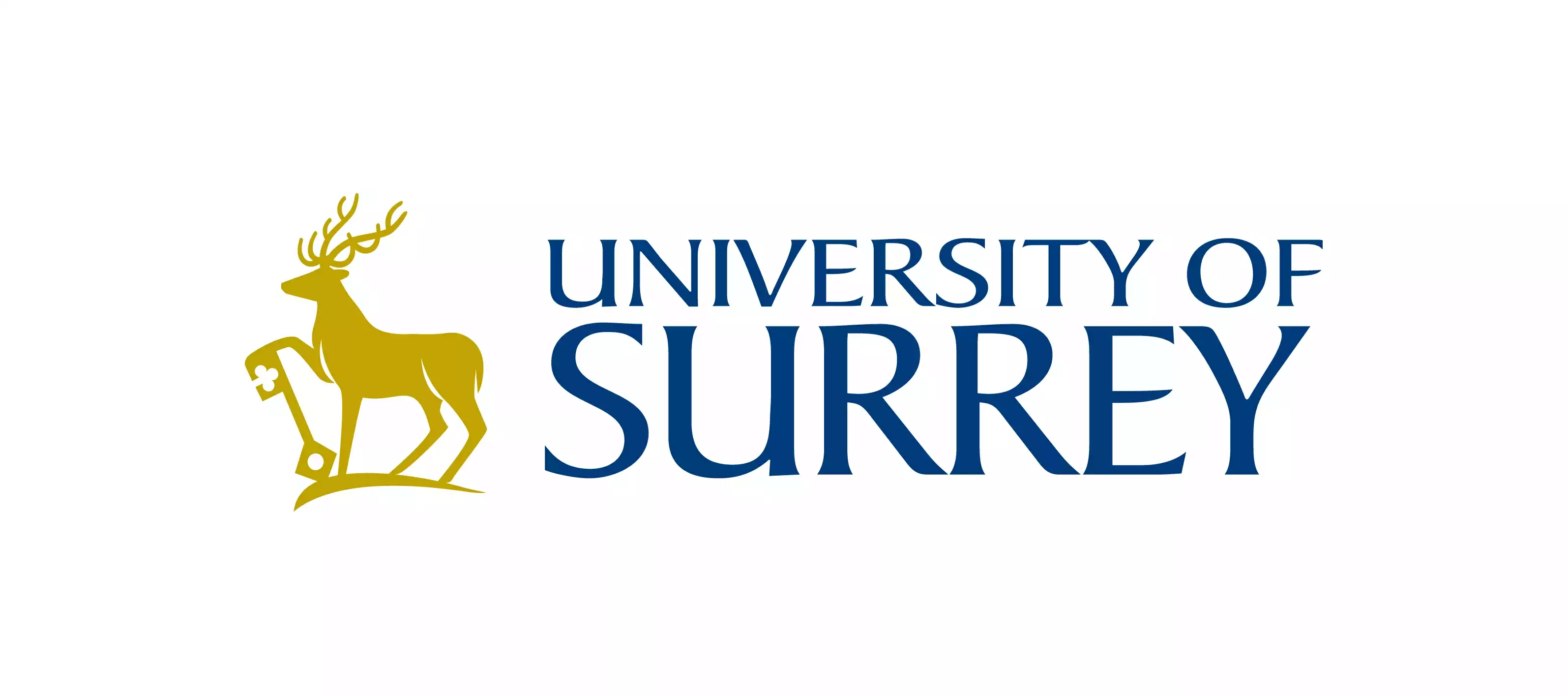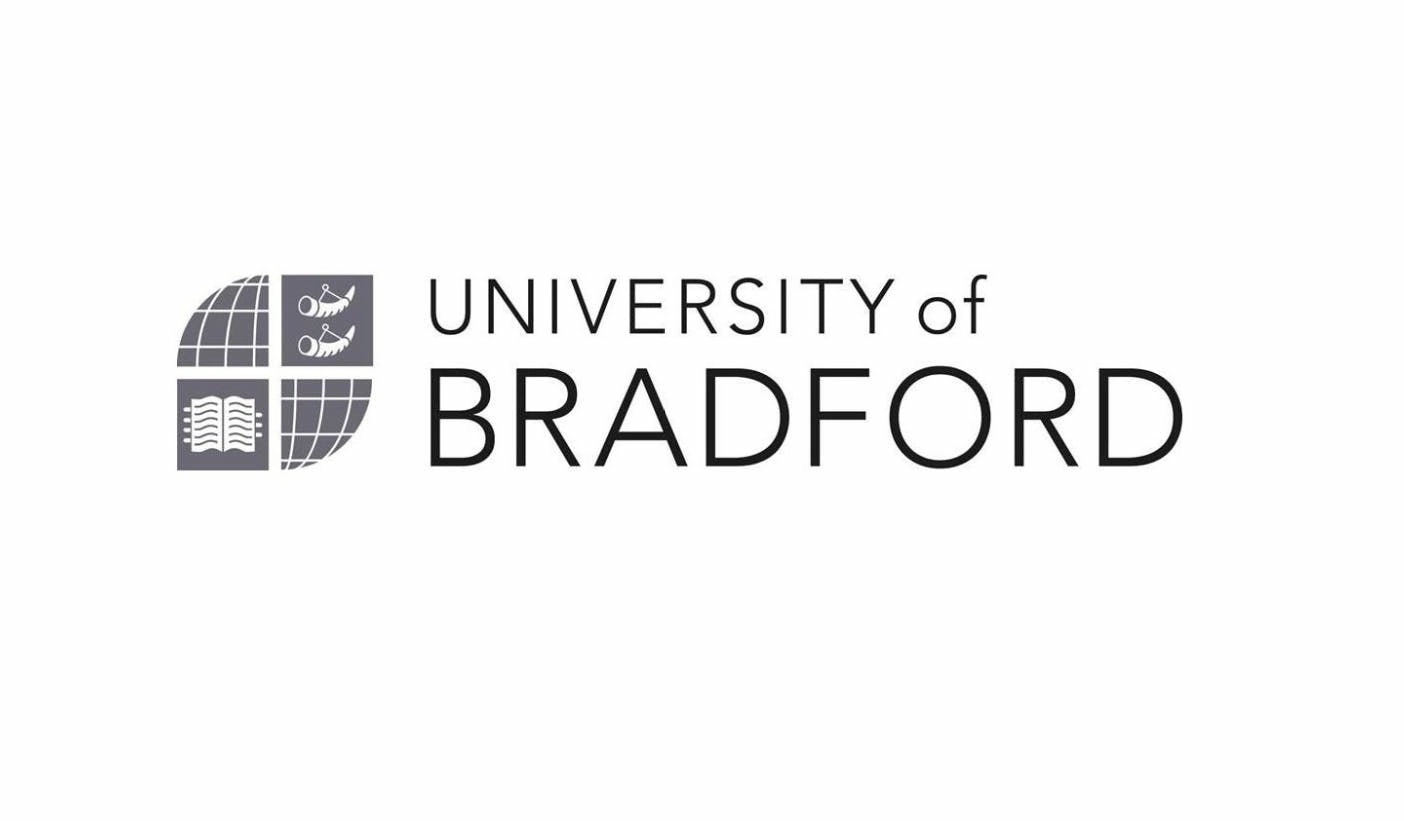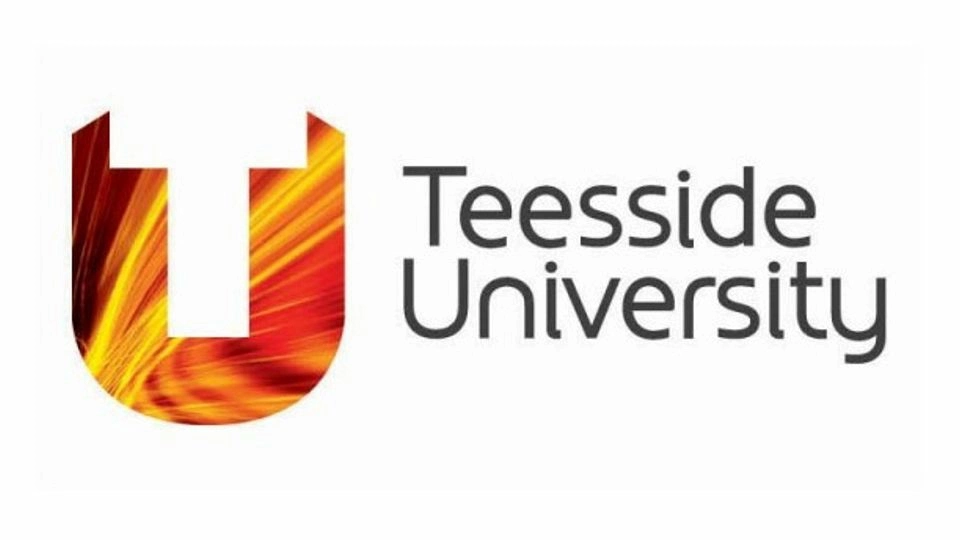Student finance in the UK offers a range of benefits and opportunities that can significantly ease the financial burden of higher education and create a more accessible path to pursuing a degree. Here are some of the key benefits and opportunities associated with student finance in the UK:
- Tuition Fee Support: Student finance covers a substantial portion of tuition fees, making higher education more affordable for eligible students. This support allows individuals to access a wide range of courses and institutions.
- Maintenance Support: Maintenance loans and grants help students cover their living expenses, including accommodation, food, transportation, and course materials. This financial assistance enables students to focus on their studies without constantly worrying about basic necessities.
- Income-Based Support: Student finance in the UK is often income-based, which means that individuals from lower-income households receive more substantial support. This ensures that financial constraints do not hinder access to education.
- Interest Rates: The interest rates on student loans are typically lower than commercial loans, and the repayment terms are more favorable. Students only start repaying their loans when their income reaches a certain threshold, providing a degree of financial security after graduation.
- No Upfront Payment: Students do not need to pay tuition fees upfront; they are paid directly to the university. This eliminates the immediate financial burden associated with tuition costs.
- Government-Backed Loans: Student loans in the UK are government-backed, offering students the peace of mind that their loans are secure and regulated. This mitigates the risk associated with private loans.
- Flexibility for Part-Time Study: Student finance also supports part-time students, enabling individuals who are working or have other commitments to pursue further education. Part-time students can receive tuition fee loans and, in some cases, maintenance loans.
- Special Financial Support: Certain groups of students, such as those with disabilities or dependents, can access additional financial support to cover extra costs related to their circumstances. This helps ensure that no one is excluded from education due to personal challenges.
- Equality and Inclusivity: Student finance contributes to a more inclusive and diverse student body by removing financial barriers. It helps promote equality of opportunity in education and encourages students from all backgrounds to pursue their academic goals.
- Investment in Future Earnings: Education is an investment in one's future, and student finance allows students to access higher education with the expectation that it will lead to increased earning potential and career opportunities.
- International Students: Although the primary focus is on UK residents, there are also opportunities for international students to access financial support through scholarships, bursaries, and other funding options offered by universities and external organizations.
- Financial Education: Student finance encourages responsible financial management and planning for the future. It provides an opportunity for young adults to learn about budgeting, loans, and debt management.
- Career Development: A higher education degree opens doors to a wider range of career opportunities. Student finance facilitates personal and professional growth by providing access to advanced knowledge and skills.
- Networking and Social Opportunities: University life offers opportunities for networking, making lifelong friends, and engaging in extracurricular activities. These experiences can contribute to personal growth and a well-rounded education.
In conclusion, student finance in the UK is a vital resource that makes higher education accessible, affordable, and less financially burdensome. It empowers students to pursue their academic dreams and opens up numerous opportunities for personal and professional development. By providing financial support and creating a level playing field, student finance helps build a better-educated and more diverse society. It is a valuable investment in the future of both individuals and the nation as a whole.

















